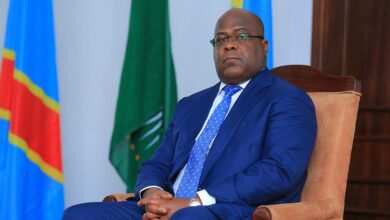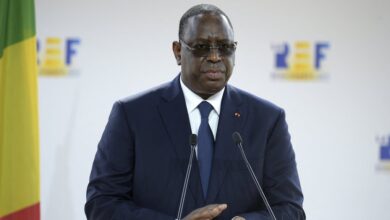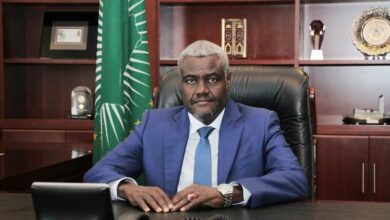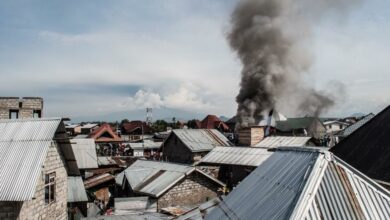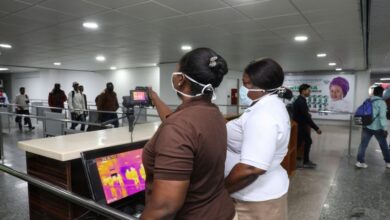Democratic Republic of the Congo
DRC Parliament Passes Motion To Remove Prime Minister Sylvestre Ilunga Ilunkamba
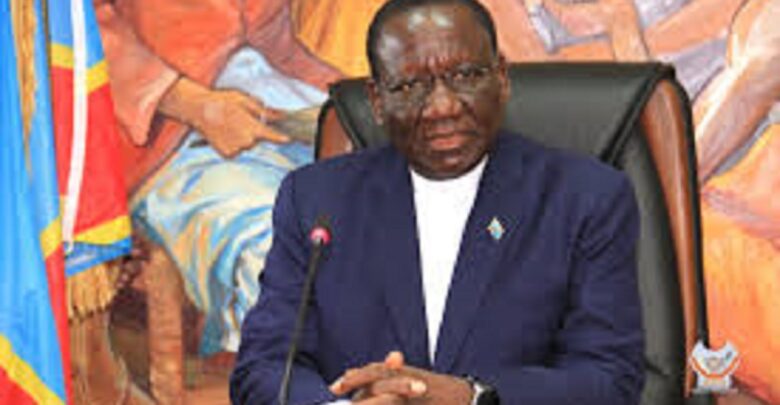
The Democratic Republic of Congo (DRC) lawmakers approved a motion on Wednesday to remove Prime Minister Sylvestre Ilunga Ilunkamba, thereby giving President Felix Tshisekedi a chance to sideline allies of his predecessor, Joseph Kabila, who ruled the country for 18 long years, reported France 24.
He took the helm of the DRC in 2001, succeeding his father, Laurent-Desire Kabila, who was assassinated by a bodyguard.
Tshisekedi won the presidential election in December 2018 on a promise to fight corruption, reduce inequalities and improve government. After taking office in January 2019, he agreed to a power-sharing agreement with the pro-Kabila camp, which wielded a majority in the 500-seat National Assembly.
But, now, he claims his reform campaign has been thwarted by Kabila’s allies, who account for two-thirds of the 65-member coalition government.
The motion of censure against Ilunga Ilunkamba and his government was passed with 367 of 377 votes. Kabila’s allies, including Ilunga, boycotted the vote, saying the parliament’s interim speaker did not have the constitutional authority to oversee a motion of no confidence.
Notably, under the DRC’s constitution, parliamentary censure requires the prime minister to step down within 24 hours.
Ilunga Ilunkamba has denounced the censure motion. In a letter posted on his office’s website, he hit out at the National Assembly’s provisional bureau, which oversees parliamentary procedure.
He lashed the motion of censure was “no more than a political maneuver with no basis in fact, flouting the requirements of the state of law.”
Francois Nzekuye, an MP for a party that backs former president Kabila, told AFP that the prime minister will not resign.
Last month, Tshisekedi announced that he was putting an end to the coalition in DRC and would seek a new “national majority of sacred union.” His new political alliance, known as the Sacred Union, is yet to be officially formed but is likely to be comprised of more than 20 parties, giving him an overwhelming majority to pass legislation.


